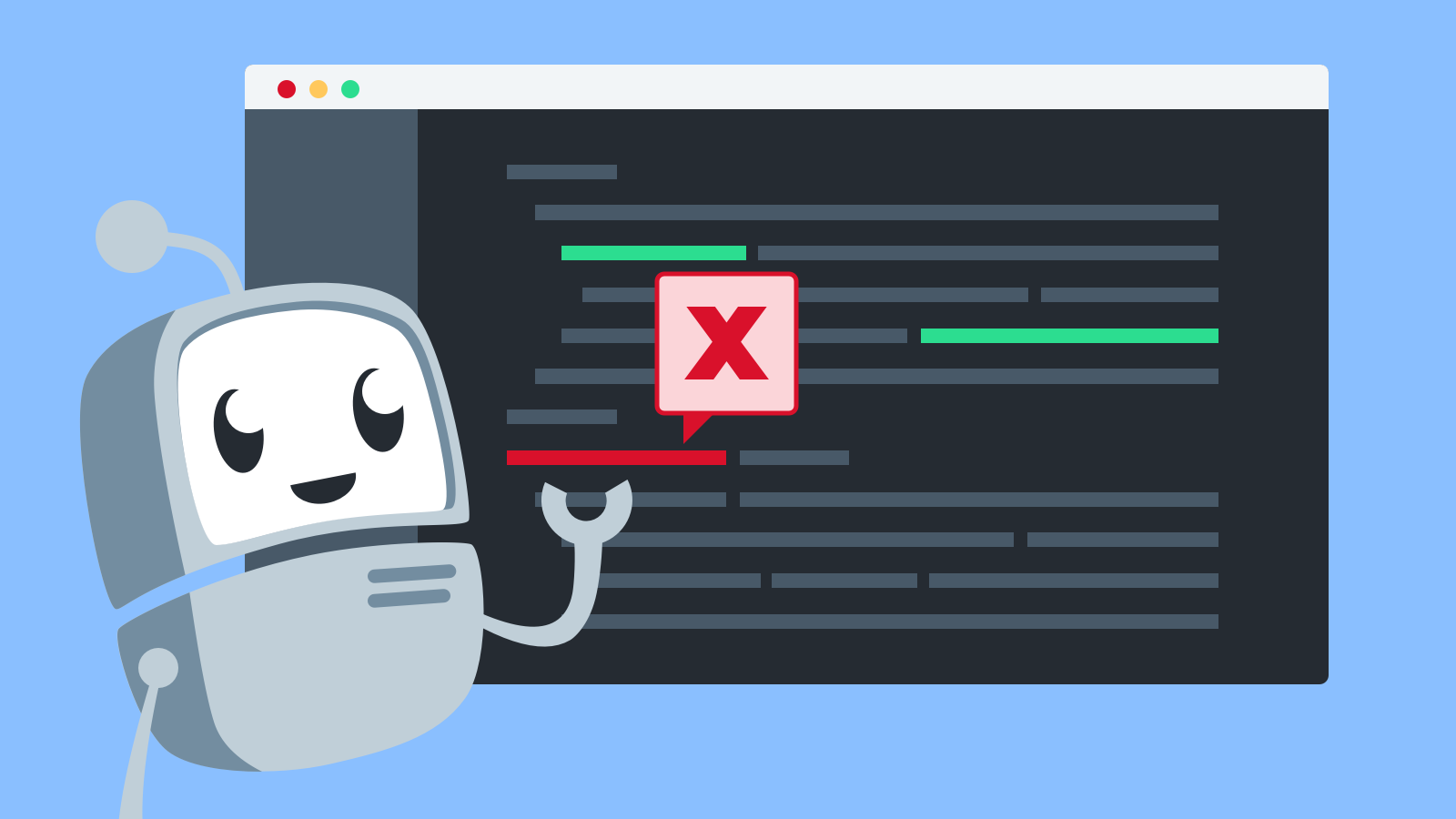Protecting Your Database: Understanding and Preventing SQL Injection Attacks
Introduction
In the realm of web applications and databases, security is of paramount importance. SQL injection attacks represent a significant threat to the integrity and confidentiality of sensitive data. Understanding SQL injection and implementing preventive measures is crucial to safeguarding your application and protecting your valuable data. In this article, we will delve into SQL injection attacks, their potential impact, and best practices to prevent them.
Understanding SQL Injection Attacks
SQL injection is a malicious technique in which an attacker exploits vulnerabilities in a web application’s input fields to inject and execute malicious SQL statements. These statements manipulate the database’s behavior, potentially allowing unauthorized access, data theft, or unauthorized modification.
Attackers exploit SQL injection vulnerabilities by inserting malicious SQL code into user input fields, such as login forms, search boxes, or comment sections. When the application fails to properly validate or sanitize user input, the injected SQL code gets executed by the database server, leading to unintended and dangerous consequences.
Potential Impact of SQL Injection Attacks
- Unauthorized Data Access: Attackers can use SQL injection to bypass authentication mechanisms and gain unauthorized access to sensitive data stored in the database. This can include user credentials, financial information, personal details, or any other data stored within the application.
- Data Manipulation or Deletion: SQL injection attacks can modify or delete data within the database, leading to data corruption, loss, or unauthorized changes. This can result in severe business disruptions, financial losses, or reputational damage.
- Server Compromise: In some cases, SQL injection attacks can be used as a stepping stone to compromise the underlying server infrastructure. Attackers may leverage the initial breach to escalate privileges, install malware, or launch additional attacks on the network.
Preventing SQL Injection Attacks
- Input Validation and Parameterized Queries: Implement strong input validation and parameterized queries to ensure that user input is properly sanitized and validated before being used in SQL statements. Parameterized queries use placeholders to separate SQL code from user input, preventing the execution of injected SQL statements.
- Least Privilege Principle: Follow the principle of least privilege by ensuring that database user accounts have only the necessary permissions to perform their intended tasks. Restricting user privileges mitigates the potential damage that an attacker can inflict in case of a successful SQL injection attack.
- Regular Patching and Updates: Keep your database management system and web application frameworks up to date with the latest security patches and updates. SQL injection vulnerabilities are often discovered and addressed through updates and patches, making it crucial to stay vigilant about software updates.
- Implement Web Application Firewalls (WAFs): Deploy a Web Application Firewall to provide an additional layer of protection against SQL injection attacks. WAFs can detect and block suspicious or malicious traffic before it reaches your web application, reducing the risk of successful attacks.
- Input Sanitization and Whitelisting: Apply strict input sanitization techniques by stripping or encoding special characters from user input. Additionally, implement whitelisting to allow only specific types of input, rejecting anything that does not conform to the expected format.
- Educate Developers and Test for Vulnerabilities: Train your development team on secure coding practices, emphasizing the importance of input validation and sanitization. Regularly conduct security testing, including vulnerability assessments and penetration testing, to identify and address any SQL injection vulnerabilities in your application.
Conclusion
SQL injection attacks continue to pose a significant threat to web applications and databases, potentially leading to unauthorized access, data breaches, and system compromises. Understanding the techniques employed by attackers and implementing robust preventive measures is essential to safeguarding your data and maintaining the integrity of your applications.
By adopting secure coding practices, implementing input validation, parameterized queries, and staying updated with security patches, you can significantly reduce the risk of SQL injection attacks. Proactive measures, such as regular security testing and education of development teams, further enhance your defense against these threats.
Remember, protecting your database and securing your web applications is an ongoing process. Stay vigilant, prioritize security, and implement robust measures to thwart SQL injection attacks, ensuring the confidentiality, integrity, and availability of your valuable data.


















